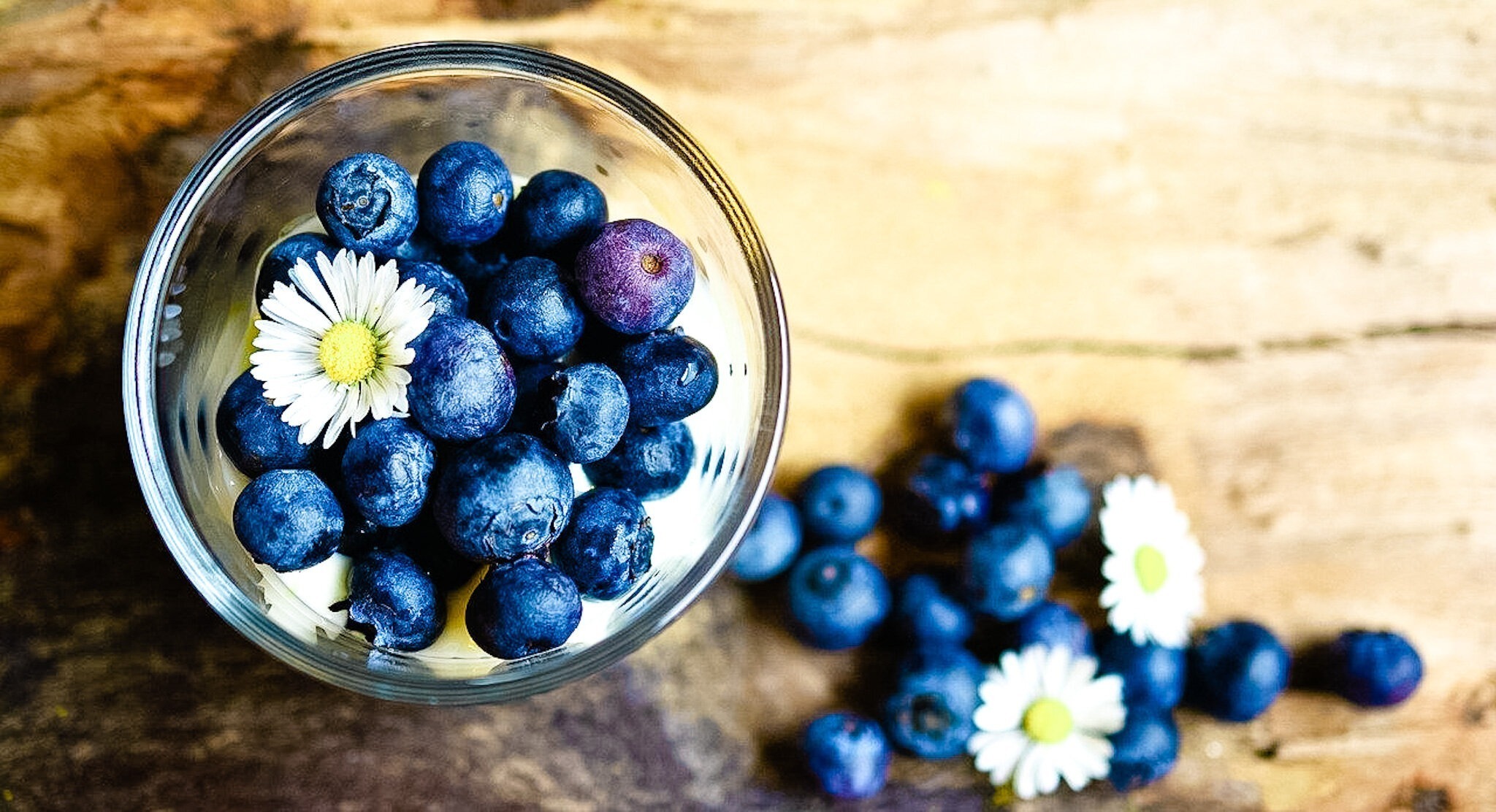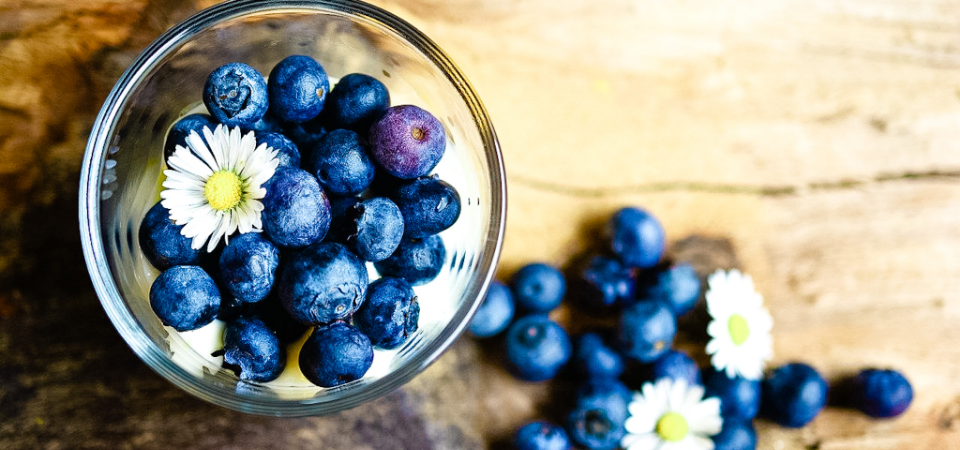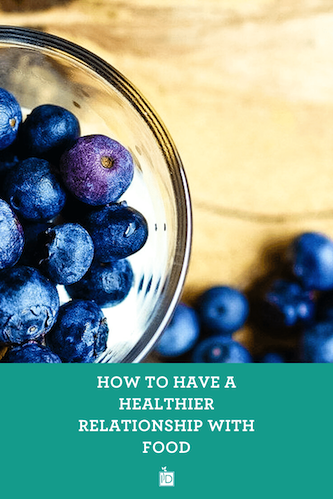Find foods that make you feel good, promote your health, and taste delicious.
HOW TO HAVE A HEALTHIER RELATIONSHIP WITH FOOD
It’s a new year again and it seems like many military spouses are on a diet, cleanse, detox, you name it, making it easy to be swayed by the masses of opinions, trends, and advice out there. From keto to vegan and everything in between, it’s hard to know what’s even healthy anymore. The fact is, there’s no diet out there that is perfect, or that can be prescribed universally. Each person is different when it comes to nutrition. The important thing is to find the foods that make you feel good, promote your health, and taste delicious.
WHAT DOES A HEALTHY RELATIONSHIP WITH FOOD LOOK LIKE?
I have not always had a great relationship with food. Through education, leaning on my faith, and learning how to give myself grace, I can say I do have a positive relationship with food now. Of course, I’m by no means perfect, but that’s kind of the point isn’t it? I also have an autoimmune disease and can say first-hand that it is possible to achieve a good relationship with food even when certain foods must be restricted.
At the end of the day, I think having a healthy relationship with food means that food takes up some of our thoughts and time, but not too much, and that we also allow ourselves to be human. Just like everything in life, it’s about balance. A way that I have found helpful to foster a positive relationship with food is to think about the roles that it plays in our lives.
-
FOOD AS FUEL
There are certain foods that contribute more to our health than others. Our bodies need the right fuel to be healthy, energized, and well. Carbohydrates are the body’s preferred source of energy. If there aren’t enough carbs in our diet, our bodies will turn to protein—both the protein we eat as well as our protein stores (our muscles). We don’t want our bodies turning to our muscles as a source of protein, which is why carbs are so important. They keep us from getting tired and cranky and allow our muscles to be used for more productive things.
-
FOOD FOR CELEBRATIONS
Birthdays, holidays, military balls, promotions, graduations, anniversaries, baby showers, and weddings are all things worth celebrating. Food is part of these celebrations, which means we can give ourselves some grace and enjoy what is served without talking about how much sugar is in the dessert . . . we all know it, and it won’t hurt us to have it occasionally. If most of the time we’re eating in a way that makes us feel good and healthy, and we don’t restrict or avoid foods unnecessarily, then it tends to be much easier to manage portions on special occasions.
-
FOOD FOR PLEASURE AND COMFORT
Food is meant to give us pleasure. Food should be fun and joyful. It should taste good and be full of flavor. However, it can be easy to turn to food for comfort to help us cope in times of stress like when our spouse is away on a deployment or TDY. This is completely normal and okay at times. If it becomes a regular thing, it can cause our relationship with food to suffer and compromise our health, which is why it is so important to find other ways to cope with stress and negative emotions that don’t always involve food.
-
FOOD FOR HEALTH
Lastly, we have been given so many foods, herbs, and spices that have an amazing power to heal. Here are just a few examples:
-
There are thousands of compounds in fruits and vegetables called phytochemicals. These powerhouses have been shown to inhibit the growth of cancer cells, promote memory and cognitive health, eye health, heart health, healthy aging, as well as boost immunity, and so much more!
-
Omega-3 fatty acids found mainly in fatty fish like salmon and tuna, walnuts, chia seeds, and flaxseed, reduce inflammation and help our eyes, brain, immune system, and cardiovascular system stay healthy.
-
There are also many foods that we can eat to improve our gut health, which is important for our immune system, mental health, and heart health. These include fermented foods like yogurt, kefir, kimchi, and sauerkraut, which all contain probiotics. Probiotics are healthy bacteria that live in our intestinal tract and have incredible health benefits. In addition, prebiotics are essentially food for the probiotics. Fiber found in whole grains, nuts, seeds, fruits, vegetables, and beans supplies these prebiotics.
If you’re interested in learning more about nutrition for your specific needs, I would suggest that you ask your doctor to refer you to a dietitian or do some research to find one online. We are trained to provide evidence-based nutrition care and would love to partner with you in your health journey.
ABOUT MIRANDA
Miranda Gruenhaupt
Miranda Gruenhaupt, RDN, CD is an Air Force spouse and registered dietitian nutritionist with JR Dietetics, LLC who is passionate about helping people with digestive issues, autoimmune diseases, and inflammatory conditions heal through integrative nutrition and learn to love food again. She loves playing with her pup, cooking, baking, hiking, and exploring the outdoors with her adventurous husband!
CONNECT WITH MIRANDA
Facebook | Instagram | Website














